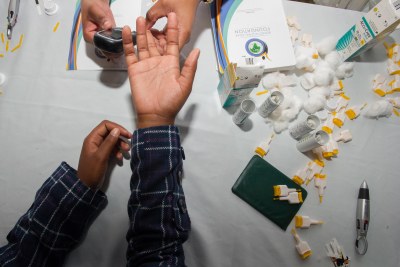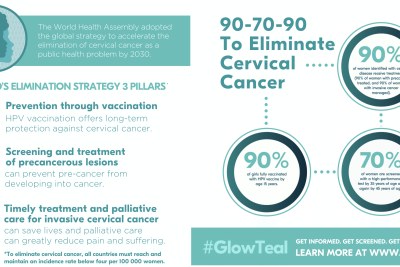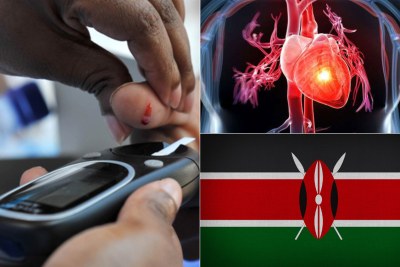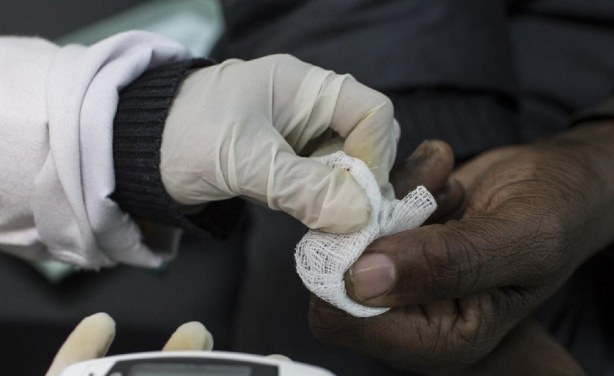-
Africa: Health Ministers Announce 'Pivotal' New Strategy to Combat Noncommunicable Diseases
UN News, 23 August 2022
With the burden of cardiovascular disease, mental and neurological disorders and diabetes rising in the region, African health ministers on Tuesday, endorsed a new strategy to… Read more »
-
Africa: Africa Must Learn From Covid-19 to Prepare for Future Pandemics - Health Minister
SAnews.gov.za, 23 August 2022
Africa continuously needs to reassess its public health approach and use lessons learnt during the COVID-19 pandemic to prepare for future resurgences. Read more »
-
Uganda: Young People and Noncommunicable Disease
Independent (Kampala), 19 August 2022
Young people have always been critical drivers of change. From Soweto, where children rose up against apartheid, to Malala standing up for girls' education, to Greta and the school… Read more »
-
South Africa: Women's Month - UCT-Led Clinic a 'Godsend' in the Fight Against Cervical Cancer
UCT, 11 August 2022
As it intended almost three decades ago, the Khayelitsha Cervical Cancer Screening Project (KCCSP) has touched and changed the lives of thousands of women and adolescent girls… Read more »
African Health Ministers Announce New Strategy to Combat NCDs
With the burden of cardiovascular disease, mental and neurological disorders and diabetes rising in the region, African health ministers have endorsed a new strategy to boost access to the diagnosis, treatment and care, for severe non-communicable diseases.
The health ministers, gathering for the seventy-second session of the UN World Health Organization (WHO) Regional Committee for Africa in Lomé, Togo, adopted the strategy, known as PEN-PLUS.
That plan will be implemented as a regional strategy to address severe noncommunicable diseases at first-level referral health facilities. The strategy supports building the capacity of district hospitals and other first-level referral facilities to diagnose and manage severe non-communicable diseases.
Severe noncommunicable diseases are chronic conditions that lead to high levels of disability and death among children, adolescents, and young adults. In the worst cases, patients live no longer than a year after diagnosis. In Africa, the most prevalent severe noncommunicable diseases include sickle cell disease, Type 1 and insulin-dependent Type 2 diabetes, rheumatic heart disease, cardiomyopathy, severe hypertension, and moderate to severe and persistent asthma, according to UN News.
InFocus
-
The burden of diabetes is increasing globally. There are about half a billion people in the world living with the disease. In sub-Saharan Africa, 23 million people had ... Read more »
-
Four African First Ladies joined with WHO Director-General Tedros Adhanom Ghebreyesus in an urgent appeal to use Covid-19 as a wakeup call for health equity in combating cervial ... Read more »
-
As the world marks Breast Cancer Awareness Month, Deutsche Welle examines the rising rates of breast cancer in Nigeria, Uganda and Malawi. Lifesaving information is often scarce ... Read more »
-
A millet-based diet could lower the risk of diabetes, a rapidly growing problem in Sub-Saharan Africa, a study suggests. The study, published in August in the journal Frontiers in ... Read more »
-
A new treatment programme for heart disease and diabetes in western Kenya could turn around patients' lives, a study has shown. According to the division of non-communicable ... Read more »







